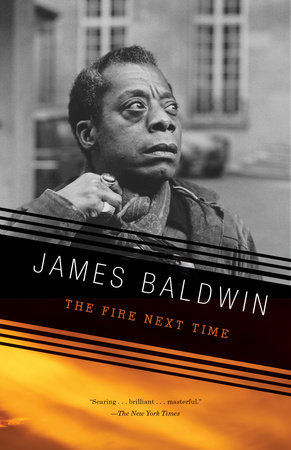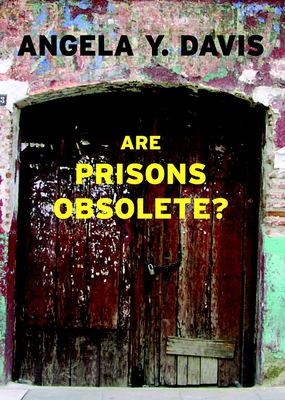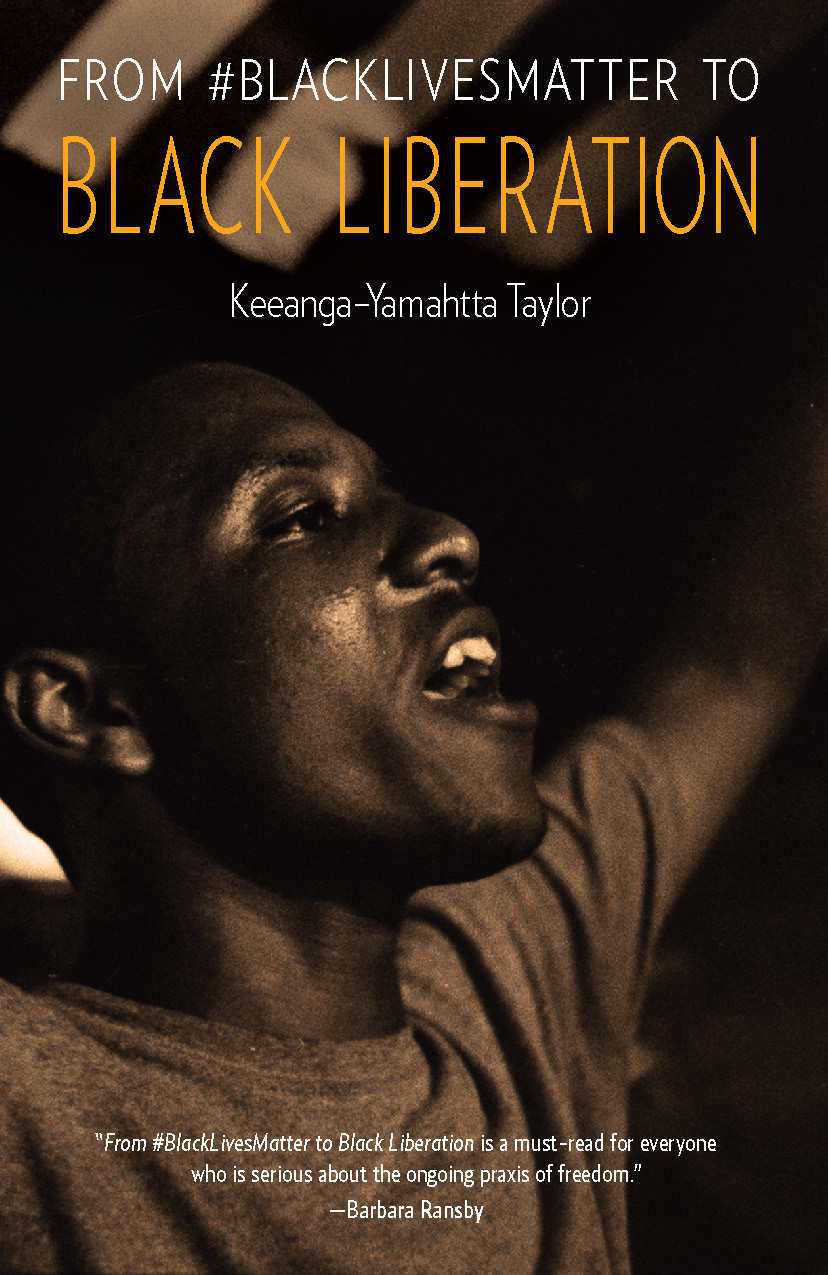Villanova English issued the following statement on Instagram in response to the Black at Villanova University account:
"The English Department urges all Villanovans to read the stories being shared on the @blackvillanova account, including posts that call out the English Department for instances of racism. We are listening, and we are committed to taking action to combat racism and white supremacy in our department and across campus."
Welcome to the blog for the Villanova English department! Visit often for updates on department events, guest speakers, faculty and student accomplishments, and reviews and musings from professors and undergraduates alike.
Thursday, June 25, 2020
Wednesday, June 17, 2020
Dr. Adrienne Perry wins Elizabeth Alexander Creative Writing Award
The judges added: "The Elizabeth Alexander Creative Writing Awards celebrates "an author whose work embodies the lyrically powerful and historically engaged nature of Dr. Alexander's writing. The award aims to highlight different forms of knowledge production that emerge from the artistic, political and cultural advocacy for transformative change undertaken by women of color nationally, transnationally, and globally. Our goal is to make knowledge production by and about women of color central to contemporary definitions of feminisms in the explorations of women's economic conditions, cultures, sexualities, as well as the forms and meanings of resistance and activist strategies."
Labels:
creative writing,
faculty,
publication
Monday, June 15, 2020
Just Published: Dr. Yumi Lee on Police Violence in Toni Morrison's Home
Congratulations to Dr. Yumi Lee, whose article, "Repairing Police Action after the Korean War in Toni Morrison's Home," was just published in the journal Radical History Review.
Dr. Lee's timely essay looks at the way Toni Morrison's 2012 novel Home links the violence of US military “police action” in Korea in the early 1950s to the long history of police violence at home. She argues that the novel's critical portrayal of the Korean War punctures two enduring myths with origins in the 1950s: the myth of a peaceful domestic “color-blind” society and the myth of heroic US military intervention abroad. In Dr. Lee's reading, Home is an allegory that invites readers to imagine forms of justice outside of a policing framework, both globally and domestically, through its narrative of repairing trauma and harm through community care rather than punishment or retribution. Morrison’s rewriting of the 1950s in Home therefore places the contemporary idioms of police and prison abolition and transformative justice in a broader historical and global imaginative frame.

Dr. Lee's timely essay looks at the way Toni Morrison's 2012 novel Home links the violence of US military “police action” in Korea in the early 1950s to the long history of police violence at home. She argues that the novel's critical portrayal of the Korean War punctures two enduring myths with origins in the 1950s: the myth of a peaceful domestic “color-blind” society and the myth of heroic US military intervention abroad. In Dr. Lee's reading, Home is an allegory that invites readers to imagine forms of justice outside of a policing framework, both globally and domestically, through its narrative of repairing trauma and harm through community care rather than punishment or retribution. Morrison’s rewriting of the 1950s in Home therefore places the contemporary idioms of police and prison abolition and transformative justice in a broader historical and global imaginative frame.

Labels:
Africana Studies,
faculty,
publication,
research
Want to Learn More about Black Lives Matter? Villanova English Faculty Reading Recommendations
The Villanova English Department stands in solidarity with our Black students, staff, and faculty and their allies against anti-Black racism, police violence, and racial injustice.
The faculty intend to contact students with an action plan before the fall semester begins, and we will be asking for student input as we proceed. In the meantime, if you have specific suggestions or questions about our department response, please direct them to Dr. Jean Lutes, chair of our department Diversity, Equity, and Inclusion committee, at jean.lutes@villanova.edu.


![By Claudia Rankine ] Citizen: An American Lyric (Paperback)【2018 ...](https://images-na.ssl-images-amazon.com/images/I/31nyDozq0HL._SX331_BO1,204,203,200_.jpg)


And, to help make sense of all of this reading, a short essay, “What is an Anti-Racist Reading List For?” by Dr. Lauren Michele Jackson: https://www.vulture.com/2020/06/anti-racist-reading-lists-what-are-they-for.html
As a first step in our response to the rising Black Lives Matter movement, we invite you to consider this reading list on white supremacy, policing, and racial justice:
- James Baldwin, The Fire Next Time (1963) [available online via Falvey Library], and Raoul Peck’s 2018 documentary I Am Not Your Negro [available for purchase on Youtube and Amazon prime video]


- Claudia Rankine, Citizen (2014) -- Rankine read at Villanova during the 2019 Literary Festival
![By Claudia Rankine ] Citizen: An American Lyric (Paperback)【2018 ...](https://images-na.ssl-images-amazon.com/images/I/31nyDozq0HL._SX331_BO1,204,203,200_.jpg)
- Keeanga-Yamahtta Taylor, From #BlackLivesMatter to Black Liberation (2016) [available online via Falvey]

- Reginald Dwayne Betts, Felon: Poems (2019) -- Betts read at Villanova during the 2017 Literary Festival

Online Resources
On prisons, policing and punishment:
Breaking down the Prison Industrial Complex Video Project by Critical Resistance: http://criticalresistance.org/videoproject/
Reading Towards Abolition: A Reading List on Policing, Rebellion, and the Criminalization of Blackness:
“Geographies of Racial Capitalism” video and “Intercepted” podcast episode featuring Ruth Wilson Gilmore: https://www.youtube.com/watch?v=2CS627aKrJI
The #BlackCatholics Syllabus, curated by Dr. Tia Noelle Pratt: https://tiapratt.com/blackcatholicssyllabus-2/
And, to help make sense of all of this reading, a short essay, “What is an Anti-Racist Reading List For?” by Dr. Lauren Michele Jackson: https://www.vulture.com/2020/06/anti-racist-reading-lists-what-are-they-for.html
Subscribe to:
Comments (Atom)
